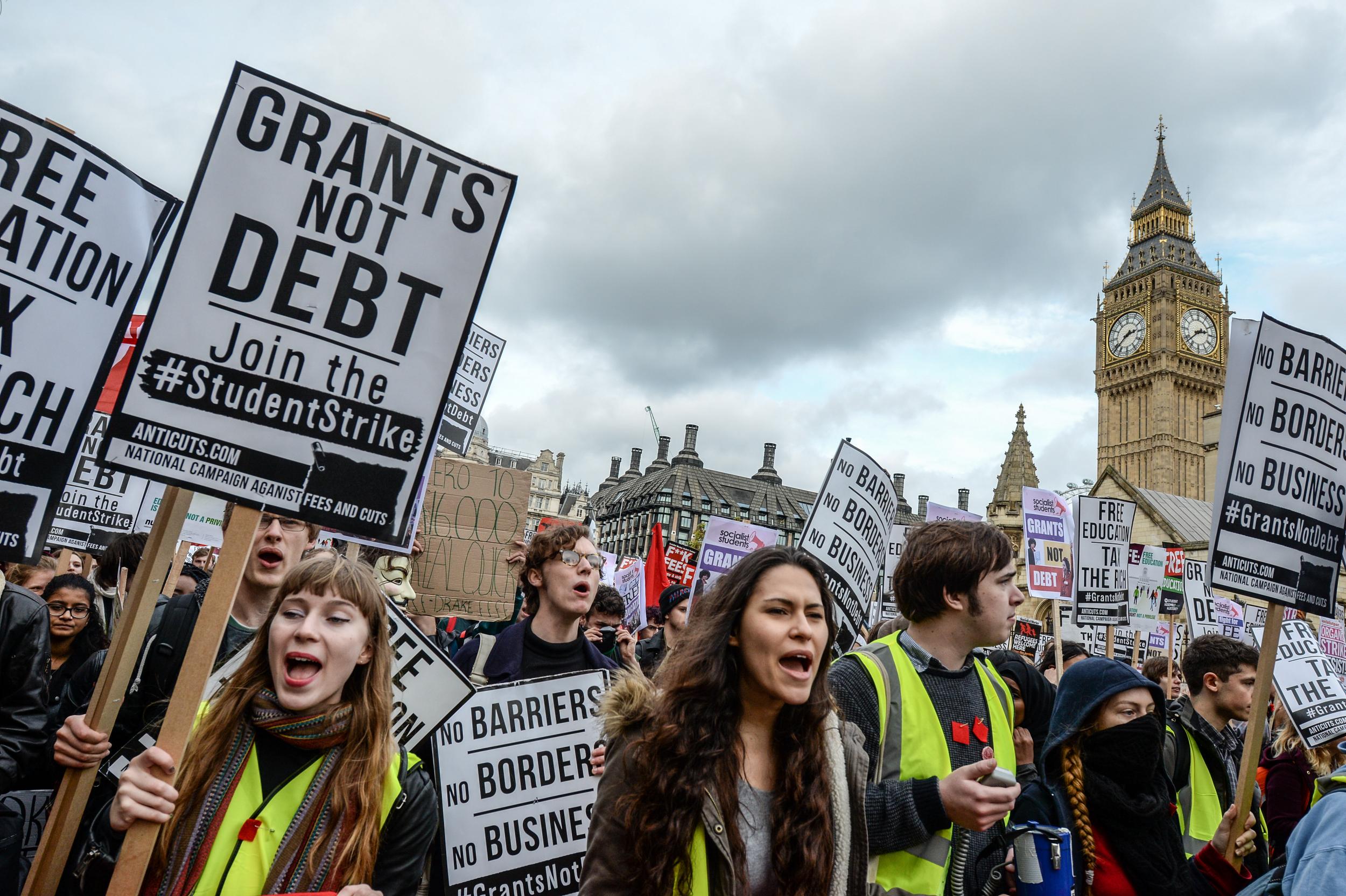Government watchdog warns UK’s 'corrosive' social mobility problem is worsening
Theresa May could face public backlash over growing perception of ‘us and them’ society

Your support helps us to tell the story
From reproductive rights to climate change to Big Tech, The Independent is on the ground when the story is developing. Whether it's investigating the financials of Elon Musk's pro-Trump PAC or producing our latest documentary, 'The A Word', which shines a light on the American women fighting for reproductive rights, we know how important it is to parse out the facts from the messaging.
At such a critical moment in US history, we need reporters on the ground. Your donation allows us to keep sending journalists to speak to both sides of the story.
The Independent is trusted by Americans across the entire political spectrum. And unlike many other quality news outlets, we choose not to lock Americans out of our reporting and analysis with paywalls. We believe quality journalism should be available to everyone, paid for by those who can afford it.
Your support makes all the difference.Theresa May has been warned that she has a mountain to climb to deliver her promise of a society based on merit and could face the sort of public backlash that propelled Donald Trump to power.
The Government’s watchdog on social mobility said that Britain is becoming an “us and them” society in which many people do not believe they have a fair chance of moving up the ladder.
An opinion poll for the Social Mobility Commission found that 45 per cent of people believe that “where you end up in society is mainly determined by your background and who your parents were”. Only 29 per cent think that everyone in Britain has a fair chance to go as far as their talent and hard work will take them.
When she became Prime Minister in July, Ms May vowed to tackle “burning injustice”, such as white working-class boys being the least likely group to go university and state-school pupils being less likely to reach the top professions than the privately educated. She promised that her Government would not be driven by the interests of “the privileged few”.
In a sign of her commitment to improving social mobility, only 30 per cent of her Cabinet is privately educated – the lowest figure for more than 70 years.
Alan Milburn, who will unveil his commission’s annual state of the nation report on Wednesday, warned: “Britain has a deep social mobility problem and the growing sense that we have become an ‘us and them’ society – where a few unfairly hoard power and wealth – is deeply corrosive of our cohesion as a nation.”
The former Labour cabinet minister added: “It is no surprise that populism of right and of left is on the march when a growing number of people feel like they are losing out unfairly. That is why addressing social mobility should be the holy grail of public policy and the cause that unites government, business and communities to action.”
The YouGov survey of 1,600 adults found that a majority (55 per cent) believe that people from poor backgrounds have less opportunity go to university, with only 29 per cent saying they have an equal opportunity. Some 50 per cent think that people from poor families have less opportunity to secure work experience and internships and only 29 per cent that they get an equal chance.
Similarly, 45 per cent believe workers from poor backgrounds have less opportunity to earn higher wages, while 32 per cent think they have the same chance as the better off.
The poll found evidence of a geographical divide, with people in Scotland the most likely to believe that those from poor families have fewer opportunities to get on than the more privileged.
The poll findings will increase the pressure on Ms May to match her words on improving life chances with action. Some Conservative MPs are privately worried that she is raising expectations that will be difficult to deliver in the tough financial climate facing the Government after the Brexit vote. They say that the EU referendum decision and Donald Trump's election show how the “left behind” can take revenge on the political establishment.
According to You Gov, almost one in three people (31 per cent) say they are unable to save a single penny every month, while a quarter (23 per cent) put away more than £200.
Join our commenting forum
Join thought-provoking conversations, follow other Independent readers and see their replies
Comments